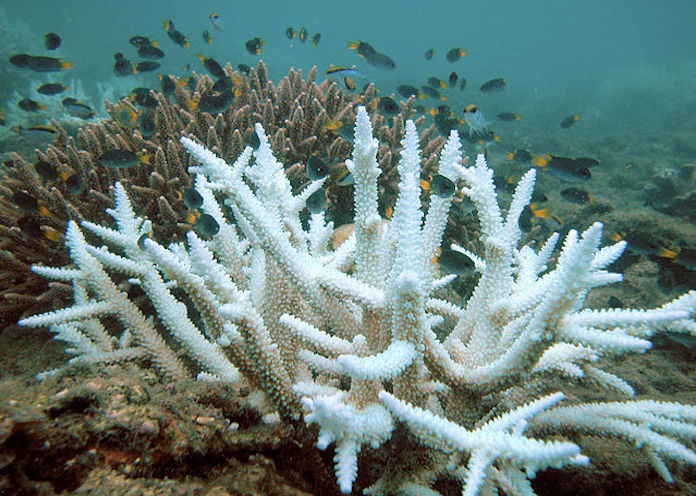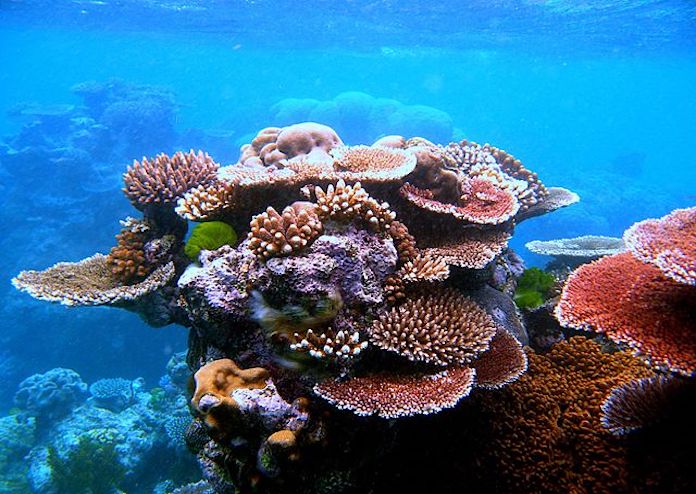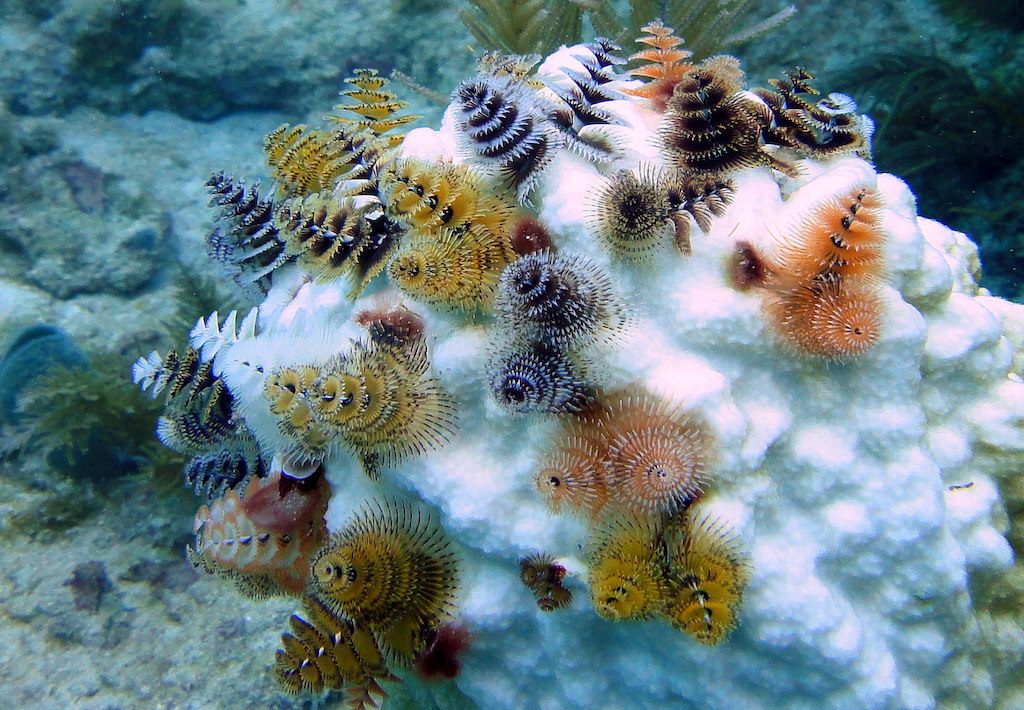
If you’ve ever seen a piece of coral someone’s brought back as a souvenir from an island vacation, you know what coral looks like when it dies.
The process through which coral turns completely white is called bleaching, and it’s the first step toward the death of a reef. Essentially, the coral gets stressed — often because of water temperatures that are far too warm — and expels all the colorful, symbiotic algae that live inside. What’s left is just the coral’s white skeleton.
Bleaching events are a natural part of the coral growth and regeneration process, but scientists are warning that bigger and bigger bleaching events are happening more frequently, making it almost impossible for large coral reefs to bounce back.
In a nutshell: They’re dying, it’s all our fault, and we’re running out of time to save them.

An analysis published early this year in Science studied the health of 100 coral reefs around the world over nearly four decades. According to scientific studies, media reports, and government records, in the 1980s coral reefs had 25 to 30 years to recover between bleachings. Today, extremely warm waters cause coral to get stressed out and bleach every five to six years; that’s simply not enough time to recover.
Imagine recovering from the flu and coming down with pneumonia the week after. That’s what’s repeatedly happening to these reefs, and they can’t take much more of it. The constant weakening is causing coral death at an unprecedented rate, and the result is far more insidious than just the loss of a destination for scuba divers.
Reefs are the rainforests of the sea — unique and multi-layered habitats that are home to a staggering number of species. More than a quarter of all known marine flora and fauna spend at least part of their lives on a coral reef.
People are directly affected, too. More than 500 million of us depend on a coral reef for food or for income, and the window to save this vital habitat is rapidly closing.

Experts say it’s not too late. Humanity can drastically reduce the amount of heat-trapping gases being reduced into the atmosphere and lessen the chance of ocean temperature spikes. To save the reefs, it might also be necessary to leave them alone for a while. On top of rising ocean temps, overfishing has caused a one-two punch to the health of coral reefs.
Scientists are also working toward a solution in laboratory settings, breeding heat-resistant “super corals” that could eventually strengthen natural corals’ defenses.
There may be a few decades before the coral reefs are gone for good, but, scientists caution, that doesn’t mean the threat isn’t an urgent one. If changes aren’t made now, researchers say, by the time things are really bad, it’ll be way too late.




